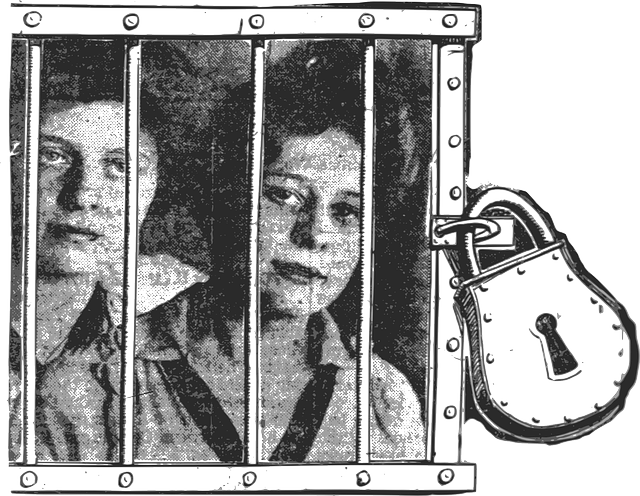Millennials (born 1981-1996) face unique challenges with substance abuse, reflected in rising DUI rates, driven by social and economic factors. Millennial DUI Awareness Campaigns highlight this growing concern, promoting tailored support groups and recovery programs that offer safe spaces for sharing, understanding, and motivation, breaking down barriers and reducing stigma. These initiatives use digital connectivity to foster community, resilience, and long-term recoveries, leveraging influencers, interactive content, and personal storytelling to communicate responsible drinking messages effectively.
In the realm of alcohol recovery, support groups play a pivotal role, especially among millennials grappling with substance abuse. This article delves into the critical need for these groups, shedding light on startling Millennial DUI statistics. We explore how group support enhances recovery, offering a safe space for vulnerability and shared experiences. Furthermore, it discusses effective strategies for DUI awareness campaigns tailored to millennials, emphasizing education and community engagement as key elements in reducing risky drinking behaviors among this demographic.
- Understanding Millennial DUI Statistics and the Need for Support
- Benefits of Group Support in Alcohol Recovery for Millennials
- Strategies for Effective DUI Awareness Campaigns Targeting Millennials
Understanding Millennial DUI Statistics and the Need for Support

Millennials, individuals born between 1981 and 1996, face unique challenges when it comes to substance abuse and addiction, as evidenced by rising DUI (driving under the influence) statistics. Studies show that this demographic is more likely to engage in risky behaviors, including drinking and driving, due to various social and economic factors. In fact, Millennial DUI rates have been on the rise, with campaigns like Millennial DUI Awareness aiming to shed light on this growing concern.
The need for support groups and recovery programs tailored to Millennials is evident. These groups offer a safe space for individuals to share their experiences, gain understanding, and find motivation to make positive changes. By addressing the specific needs of Millennials, support networks can help break down barriers and reduce the stigma associated with seeking help, ultimately contributing to more successful long-term recoveries.
Benefits of Group Support in Alcohol Recovery for Millennials

For millennials struggling with alcohol recovery, group support offers a powerful tool for navigating their journey to sobriety. In a society where Millennial DUI Awareness Campaigns highlight the unique challenges this generation faces regarding substance abuse, shared experiences within supportive groups can be transformative. These spaces provide an opportunity for peers to connect, understand, and encourage one another through the complexities of recovery.
Group support fosters a sense of community, reducing feelings of isolation often associated with addiction. Millennials, who are known for their digital connectivity, can leverage this aspect to find like-minded individuals going through similar experiences. This peer-to-peer connection is invaluable in fostering resilience and motivation during what can be a challenging process. The shared struggles and triumphs within these groups contribute to a collective understanding of the recovery landscape, ultimately enhancing the overall effectiveness of millennial alcohol recovery strategies.
Strategies for Effective DUI Awareness Campaigns Targeting Millennials

Millennial DUI Awareness campaigns require a nuanced approach to effectively engage this demographic. Given their unique cultural context and digital savvy, traditional methods may not resonate. Leveraging social media platforms, influencer partnerships, and interactive content can help deliver messages about responsible drinking and the dangers of drunk driving. Visuals, personal stories, and challenges that speak to their values and behaviors are powerful tools.
Tailoring these campaigns to address millennial attitudes towards risk, peer pressure, and instant gratification is crucial. Using data-driven insights to understand their decision-making processes allows for crafting targeted messages that emphasize both immediate consequences and long-term impacts of DUI. Fostering a sense of community and shared responsibility within the group can also be effective, as millennials often respond positively to collaborative efforts and social norms promoting positive behaviors.
Millennial DUI statistics underscore a pressing need for effective support systems, with group therapy proving highly beneficial for alcohol recovery. By fostering a sense of community and shared understanding, these support groups empower individuals to overcome addiction. Targeted Millennial DUI Awareness Campaigns that combine education, empathy, and accessible resources can further enhance prevention efforts, ultimately guiding more young adults towards sobriety and safer choices.






